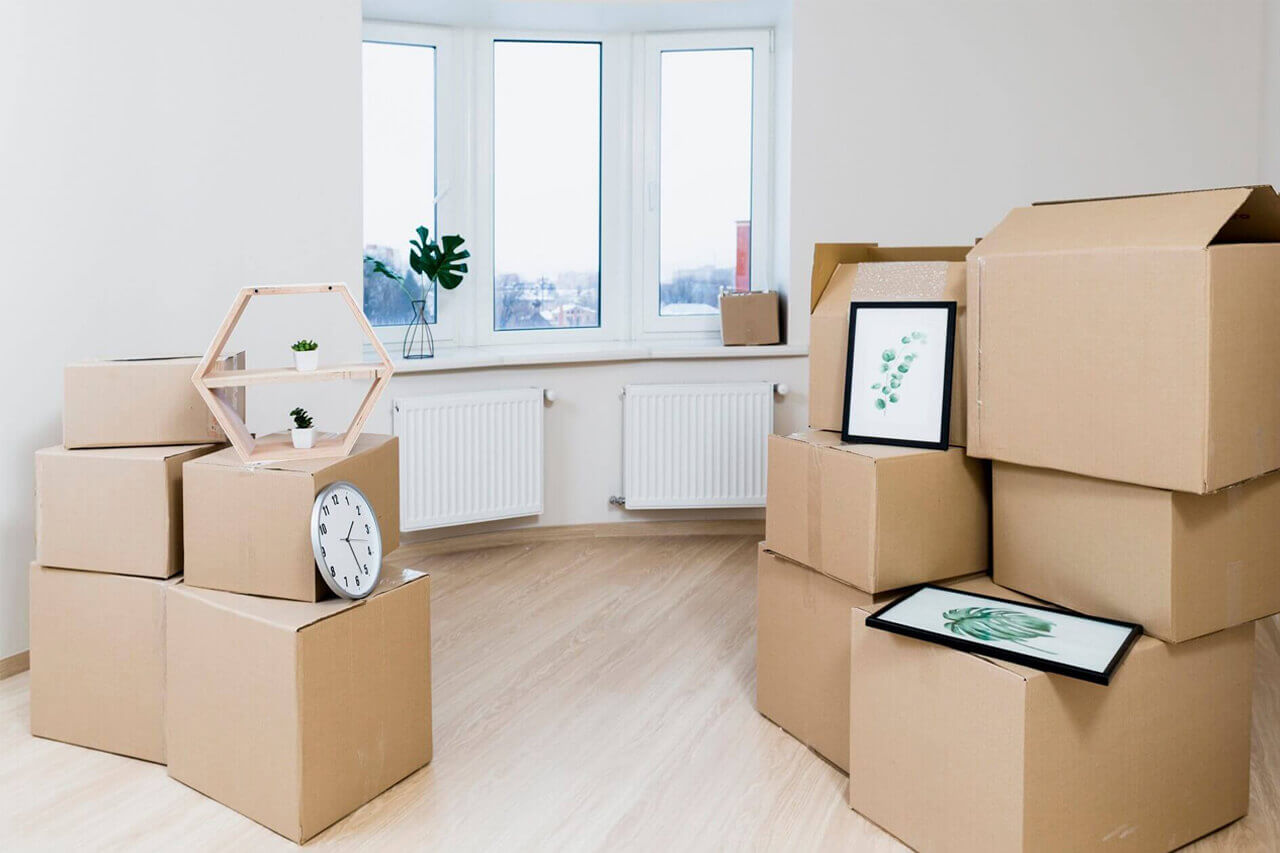Dedicated Local and Long-Distance Moving Solutions in Seshadripuram
For your unique moving needs, the dedicated team at Shift My Ghar Moving and Storage in Seshadripuram is ready to provide assistance. As seasoned packers and movers in the area, our services cater to a diverse clientele, including:
1. Residential Moves:
- Efficient relocation from small apartments to spacious homes.
- Expert handling of moves, from condos to sprawling residences.
2. Commercial Moves:
- Reliable packers and movers for seamless office relocations.
- Specialized expertise in managing the logistical challenges of commercial moves.
3. Specialty Services:
- Professional piano moving services in Bangalore.
- Expert handling of fine art, antiques, furniture, and more.
With our experienced team and comprehensive services, Shift My Ghar Moving and Storage is your trusted solution for local and long-distance moves in Seshadripuram. Contact us today for a free quote and let us ensure a smooth and stress-free relocation experience.
Frequently Asked Questions:
Q1: What services do packers and movers offer?
A1: Packers and movers provide a range of services, including packing, loading, transportation, unpacking, storage, insurance coverage, and customized solutions based on specific moving needs.
Q2: How can I find reliable packers and movers near me?
A2: Research online, ask for recommendations, verify credentials, request quotes, opt for an in-person survey, check for hidden charges, read the contract, and evaluate customer service responsiveness.
Q3: How much do packers and movers charge for their services?
A3: Charges vary based on factors like distance, volume of goods, services required, season, and location. Request detailed quotes to understand pricing structures and potential hidden costs.
Q4: How do I prepare for a move with packers and movers?
A4: Declutter and organize, plan and coordinate with movers, obtain packing supplies, pack systematically, take inventory, prepare for moving day, communicate with movers, and verify/settle payments.
Q5: What packing materials do packers and movers use?
A5: Common packing materials include cardboard boxes, bubble wrap, packing paper, packing tape, packing peanuts, stretch wrap, furniture pads, and strapping materials.
Q6: Can packers and movers help with packing and unpacking?
A6: Yes, most packers and movers offer packing and unpacking services, utilizing appropriate materials and techniques to ensure efficient and safe handling of belongings.
Q7: Do packers and movers provide insurance for my belongings during the move?
A7: Yes, reputable packers and movers offer insurance coverage, including transit insurance and comprehensive insurance, for protection against damages or losses during the move.
Q8: How long does it take for packers and movers to complete a move?
A8: The duration varies based on factors like distance, volume of goods, and services requested. Local moves may take a few hours to a day, while long-distance moves can take several days to weeks.
Q9: Can packers and movers handle fragile or valuable items?
A9: Yes, professional packers and movers are equipped to handle fragile or valuable items with care, using specialized packing materials and techniques.
Q10: Do packers and movers offer storage facilities?
A10: Yes, many packers and movers offer storage facilities for short-term or long-term storage needs, providing options such as climate-controlled storage.
Q11: How can I track the progress of my move with packers and movers?
A11: Utilize online tracking services, contact customer service, communicate with designated moving coordinators, or conduct in-person inspections to stay informed about the progress of your move.
Q12: What should I do in case of any damage or loss during the move?
A12: Document the damage or loss, notify the moving company promptly, review insurance coverage, seek compensation or repairs, and consider legal options if necessary.
Q13: Are there any items that packers and movers cannot transport?
A13: Yes, certain items may be non-allowable due to legal, safety, or practical reasons. Examples include hazardous materials, perishable items, firearms, valuables, illegal items, and live animals.
Note: It’s essential to check with the specific packers and movers for their policies and guidelines
